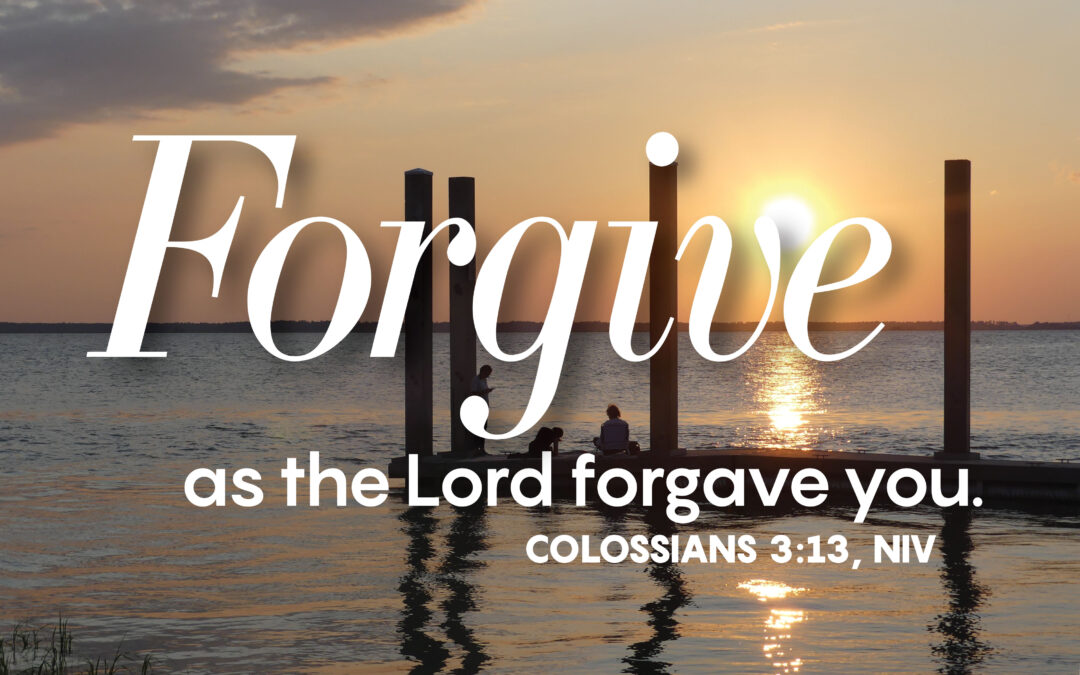Feb 22, 2024 | Mental Health Ministry, Stronger Together Support Group
Hello friends,
If only it were easier to say “I’m sorry.” If we could just be better at apologizing — truly apologizing — think of how much easier it would be to move past conflict, maintain loving relationships, and build trust. Probably there’s a good reason why saying “I’m sorry” is inherently difficult.
If it’s difficult to apologize, does that mean we can get better at it? That’s one of the things I’m hoping to figure out in this week’s conversation! We’ll watch a brief video titled, “A perfect apology in three steps” (it’s only three steps, but that doesn’t mean it’s easy). In it, the speaker talks about how to craft an effective apology, and how this turns us toward a place of gratitude. If you don’t have time to watch the video beforehand, no apology is necessary. 😉
Our warm-up question for this week:
What’s your favorite summer Olympics sport to watch?
See you soon,
Alex
Feb 8, 2024 | Mental Health Ministry, Stronger Together Support Group
Hello friends,
We’ve talked about forgiveness on multiple occasions, and each time it proves to be a tricky but interesting topic. Maybe that’s because we realize how important forgiveness is, but also how challenging it can be. This week we’re going to explore an important dimension of forgiveness in mental health: forgiving ourselves.
For inspiration, we’re going to watch a brief video on a rather stunning act of forgiveness…though not on mental health per se. As you watch the video try not to focus just on whether or not you would forgive the same way the woman in the video eventually does. Instead, put yourself in the perspective of the young man who admits he wasn’t ready to forgive himself. Can you relate to him in this way?
Our warm-up question for this week:
Tell us about a time when you felt overcome by something so beautiful or wonderous that it stopped you in your tracks.
See you soon,
Alex

Jun 29, 2023 | Mental Health Ministry, Stronger Together Support Group
Hello friends,
Our conversation this week is about something we all can relate to: being wronged by someone. More specifically, what we do after we’ve been wronged. You probably know where this is going…forgiveness.
We’ve talked about forgiveness before in Stronger Together, but this week we’re going to focus on a particular science-backed strategy called the “REACH” method, which has been shown to make forgiveness a little easier to implement and live with. Here’s a highlight from the linked article:
—
THE REACH FORGIVENESS METHOD
Think about the hardest thing you ever successfully forgave. Remind yourself that you CAN forgive.Rehearse the benefits to yourself of forgiving, and know that forgiveness might help your relationship, if it is safe, prudent, and possible to reconcile.
Work through the five steps to REACH emotional forgiveness.
-
- R = Recall the hurt as objectively as you can.
- E = Empathize with the one who hurt you. Try, if possible, to see things from their viewpoint. If you can’t, use sympathy, compassion, or even love (particularly in romantic relationships) to replace the negative unforgiving emotions.
- A = Altruistic gift of forgiveness. No one deserves forgiveness. Forgiveness is your choice. If you choose to give it, it is an altruistic gift.
- C = Commit to the emotional forgiveness you experience.
- H = Hold on to forgiveness when you doubt that you’ve really forgiven.
Seek to make a decision to forgive, which is deciding not to pay the person back but to treat the person as a valuable and valued person. This is about your intention to treat the person differently.
Try to solidify your forgiveness by applying the REACH steps and making a decision to forgive in several other relationships that are not characterized by full forgiveness.
—
Our warm-up question for this week:
What’s an instrument you wish you could play?
See you soon,
Alex
